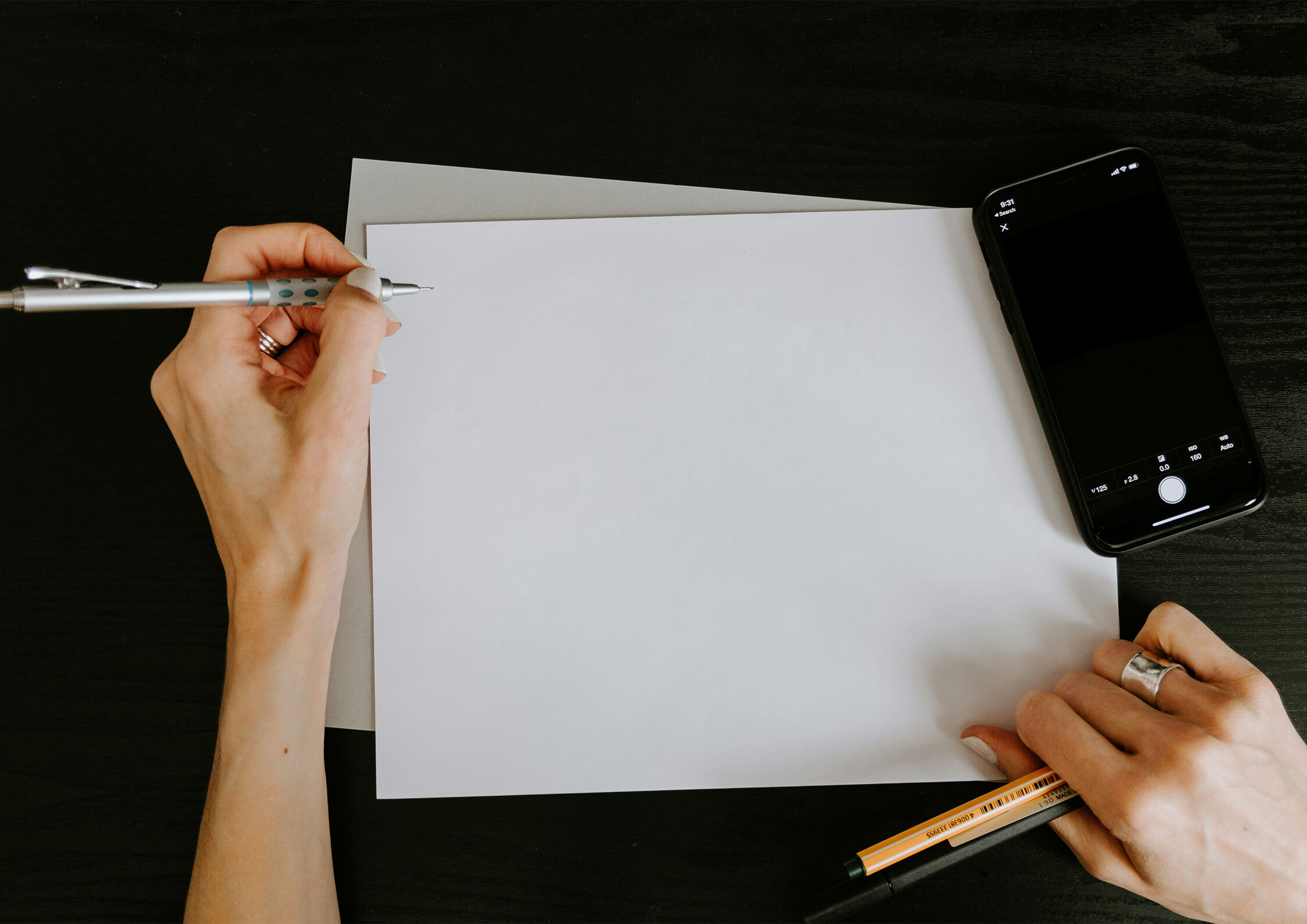Deep drawing is a forming process which a sheet metal blank to be drawn radially into a forming die by the mechanical action of a punch to form geometrical or irregular shapes that are more than half their diameter in depth. With 4x100 tons hy...
Share
Deep drawing is a forming process which a sheet metal blank to be drawn radially into a forming die by the mechanical action of a punch to form geometrical or irregular shapes that are more than half their diameter in depth.
With 4x100 tons hydraulic double-action and 1x350 tones hydraulic single-action draw presses and plus 15 mechanical presses ranging in capacity from 5 to 250 tons, Atlas Metal is able to produce deep-drawn parts of diverse sizes and complexity. For drawn parts: large or small, low quantity or high volume, out engineering has the experience to fulfill your requirements.
Deep drawing is always accompanied by other processes:
- Bottom Piercing: A round or shaped portion of metal is cut from the drawn part.
- Bulging: A portion of the part’s diameter is forced to protrude from the surrounding geometry.
- Curling: Metal is rolled under a curling die to create a rolled edge
- Extruding: After a pilot hole is pierced, a large diameter punch is pushed through to causing the metal to expand and grow in length.
- Necking: A portion of the part is reduced in diameter to less than the major diameter.
- Rib Forming: To involve creating an inward or outward protruding rib during the drawing process.
- Side Piercing: Holes are pierced in the side wall of the drawn part.
- Notching: A notch is cut into the open end of the drawn part.
- Trimming: The excess metal that is necessary to draw the part is cut away from the finished part.
- Marking: it is typically used to put identification on a drawn part, such as part number.